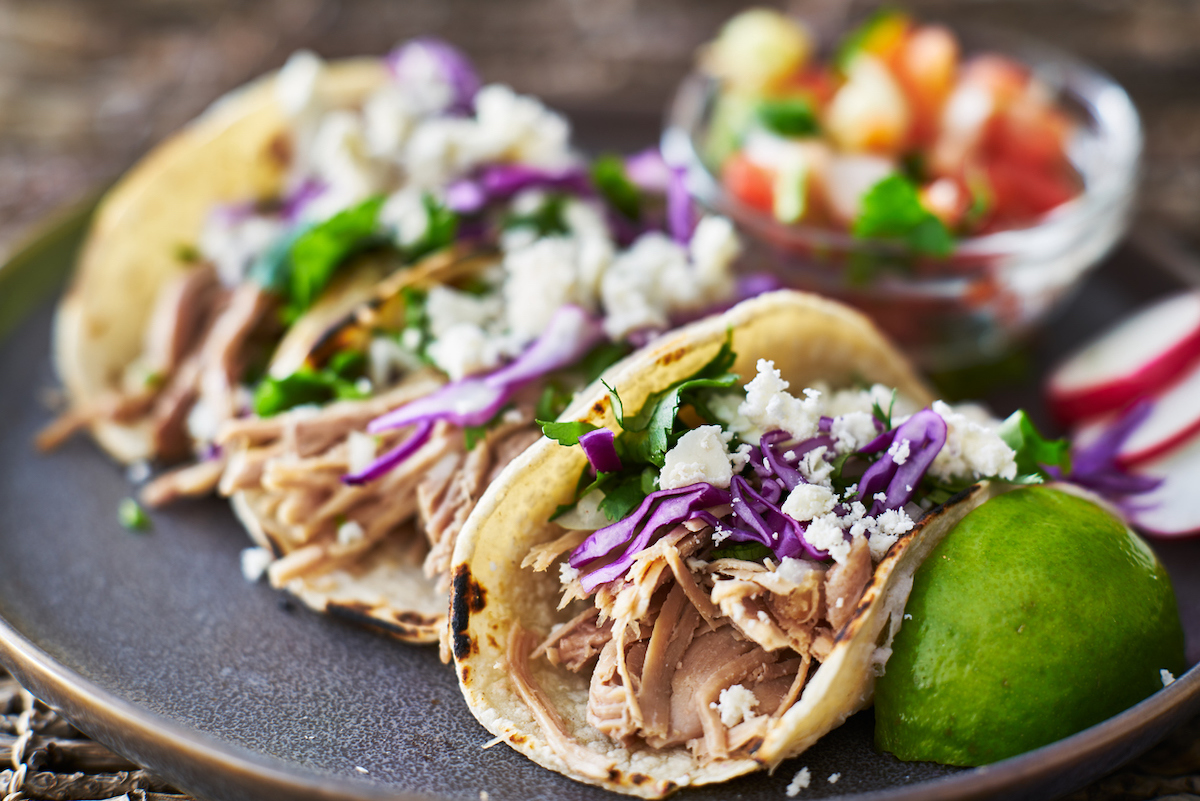Both the CDC and the Food and Drug Administration (FDA) are investigating an outbreak of the bacteria Listeria monocytogenes that they believe is linked to soft cheeses like queso fresco, queso blanco, and queso panela. The CDC is warning Americans: “Don’t eat any Hispanic-style fresh and soft cheeses … until we identify a specific type or brand that is making people sick.” And for more food that could be making you sick, check out If You Have This Seasoning at Home, Throw It Out Now, FDA Says. The CDC stresses that the pasteurization process kills Listeria, so if you do have any of these cheeses at home, you should always check the label for confirmation that they are “made with pasteurized milk.” However, according to the agency, “products made from pasteurized milk can still become contaminated if they are produced in facilities with unsanitary conditions.” And for more guidance on what’s safe to eat and what to avoid, sign up for our daily newsletter. The FDA and the CDC are trying to locate the source of the outbreak, which is affecting people in four states: Maryland, Connecticut, New York, and Virginia. At the time of writing, seven illnesses and hospitalizations have been reported. However, the CDC warns that “the true number of sick people in an outbreak is likely higher than the number reported, and the outbreak may not be limited to the states with known illnesses.“ae0fcc31ae342fd3a1346ebb1f342fcb The FDA interviewed some of those affected by the Listeria outbreak, and found that “of the four people interviewed, three reported eating at least one type of Hispanic-style fresh and soft cheeses, and all three reported eating queso fresco.” And for more items in your kitchen you should avoid, check out If You Have This Meat at Home, Throw It Away Now, USDA Says. Listeria can lead to a severe illness known as invasive listeriosis when the bacteria spreads beyond the gut to other parts of the body, according to the CDC. While the infection commonly causes short-term food poisoning symptoms—like diarrhea and a fever—this can be markedly more severe in adults over 65 years old and those with weakened immune systems. The FDA warns these people to look out for the following symptoms: “headache, stiff neck, confusion, loss of balance, and convulsions, in addition to fever and muscle aches.” In pregnant women, Listeria typically only causes fever, fatigue, and mild muscle aches, but it can lead to miscarriage, stillbirth, premature delivery, or life-threatening infection of the newborn. If you are not in one of these three groups, the CDC says “you are unlikely to get very sick from Listeria.” Severe symptoms usually start one week to a month after eating contaminated food, but the window for infection ranges from the day of consumption to up to 70 days later, the CDC reports. Around 1,600 people get listeriosis each year, and around 260 die. Anyone experiencing symptoms after recently eating these cheeses is advised to call their doctor right away. And for more on another dangerous food you could be eating, check out why If You’re Eating This for Breakfast, the FDA Says Stop Immediately.



